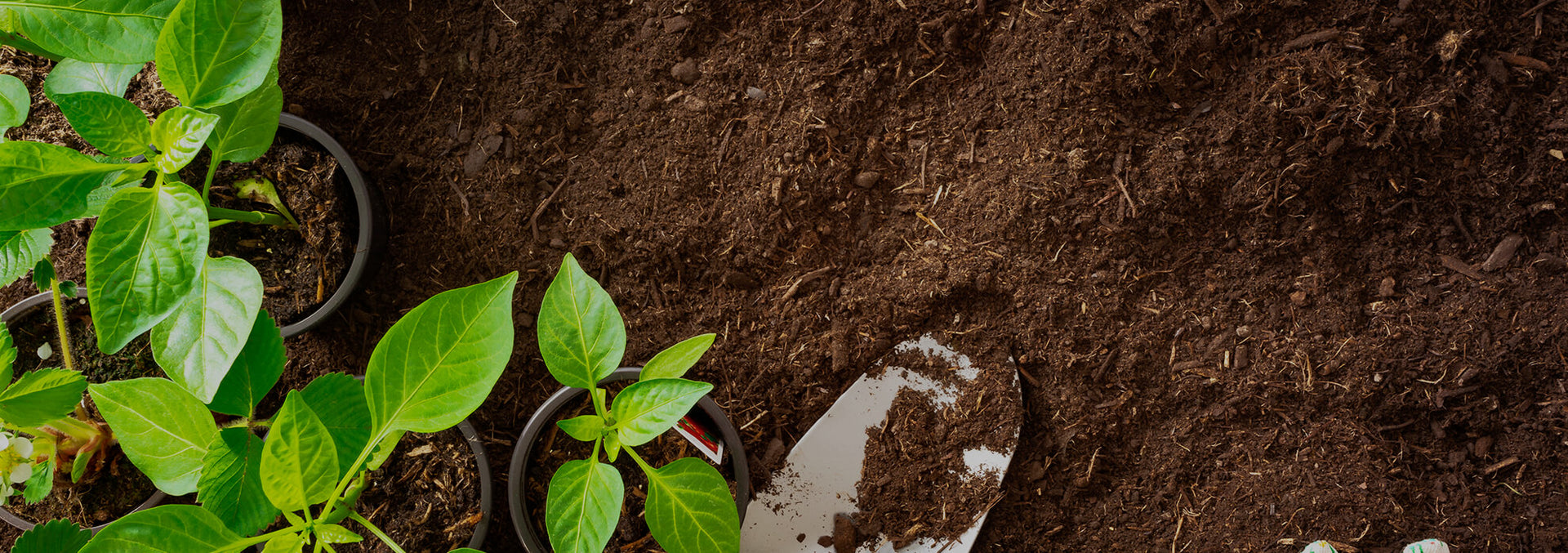According To John: Gardens Should Be Important, Useful & Interactive
Two legendary, late Garden professionals expressed similar sentiments regarding home gardens. Lawrence Halprin said “the great challenge for the garden designer shouldn’t be to make the garden natural, but to make the garden so the people in it will feel natural.” Thomas Church titled his best known book, “Gardens Are For People” and advocated in it for various garden terraces placed for active use to expand the home out into the garden. In other words, the garden structure and details should reflect the needs of people. Blobs of unused lawn don’t do this effectively. Many homes are handsome; we don’t need to cover them up. John & Bob are advocates for gardens that produce edible food, inspire us with beauty, encourage activity and interaction, save water and energy, establish a healthy environment with lively soil and most of all, create useful space. These three pictures of a John & Bob garden illustrate this:

We like front gardens that are about creating useful space with emphasis on experiencing the garden, seating and growing edible food. The planting can be simple and does not need to envelope the house.

Lawns are nice because they can take traffic and play activities, and provide a beautiful greensward. However, there are options requiring less resources and time to maintain. Especially if the lawn will be entirely unused, other options should be considered. We believe that alternatives to lawns are best explored with a creative spirit towards the space created. It is possible and desirable to creatively and functionally escape an amoeba surrounded by large shrubs requiring pruning.

The structure of the garden can be a big part of a water and energy conserving garden. Gardens can be water efficient by nature of the size and location of the plantings, as well as the method of the water delivery and water programming. Environmentally progressive gardens don’t need to look dry and half dead. We believe the nature of the space is more important than the specific plants. Equal to the spaces created is soil quality. These two factors, useful spaces and soil quality, are key to creating environmentally progressive gardens that are beautiful and integral to your life.
